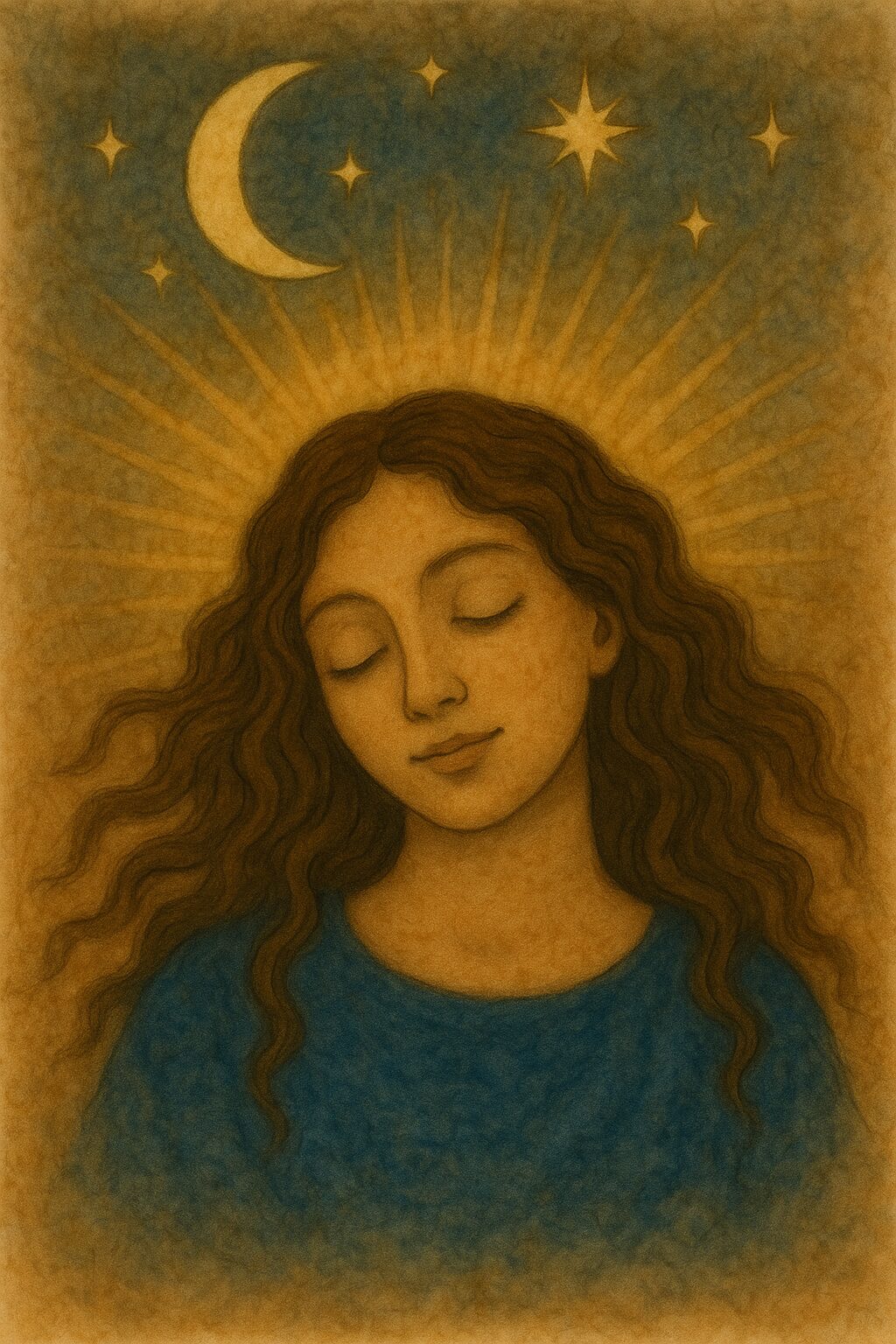We live in the source’s dreams,
Echoes of a cosmic sleep.
The dreamer spoke,
Yet the dream stays,
A yearning whisper.
Reality hangs by a vision
of our perception,
A quantum song of what could be.
Does the tree fall if we don’t look?
Our minds,
The universe realizing itself.
Some wake up inside the dream,
Clarity sparks like thoughts firing.
They buzz at a higher pitch,
Co-makers in this grand show.
Our power is to witness,
To experience life.
A clear life that isn’t,
Yet is.
We leave marks in time’s sand,
Memories etched in space.
The waves we make,
Our marks and footprints,
In a dream that dreams us alive.
Each moment made and gone,
We breathe on the edge of nothing.
Watching, joining, becoming, being,
In this forever, now.
Filed under: 🜃 Infinite – exploring the unseen forces behind creation, truth, and existence.

